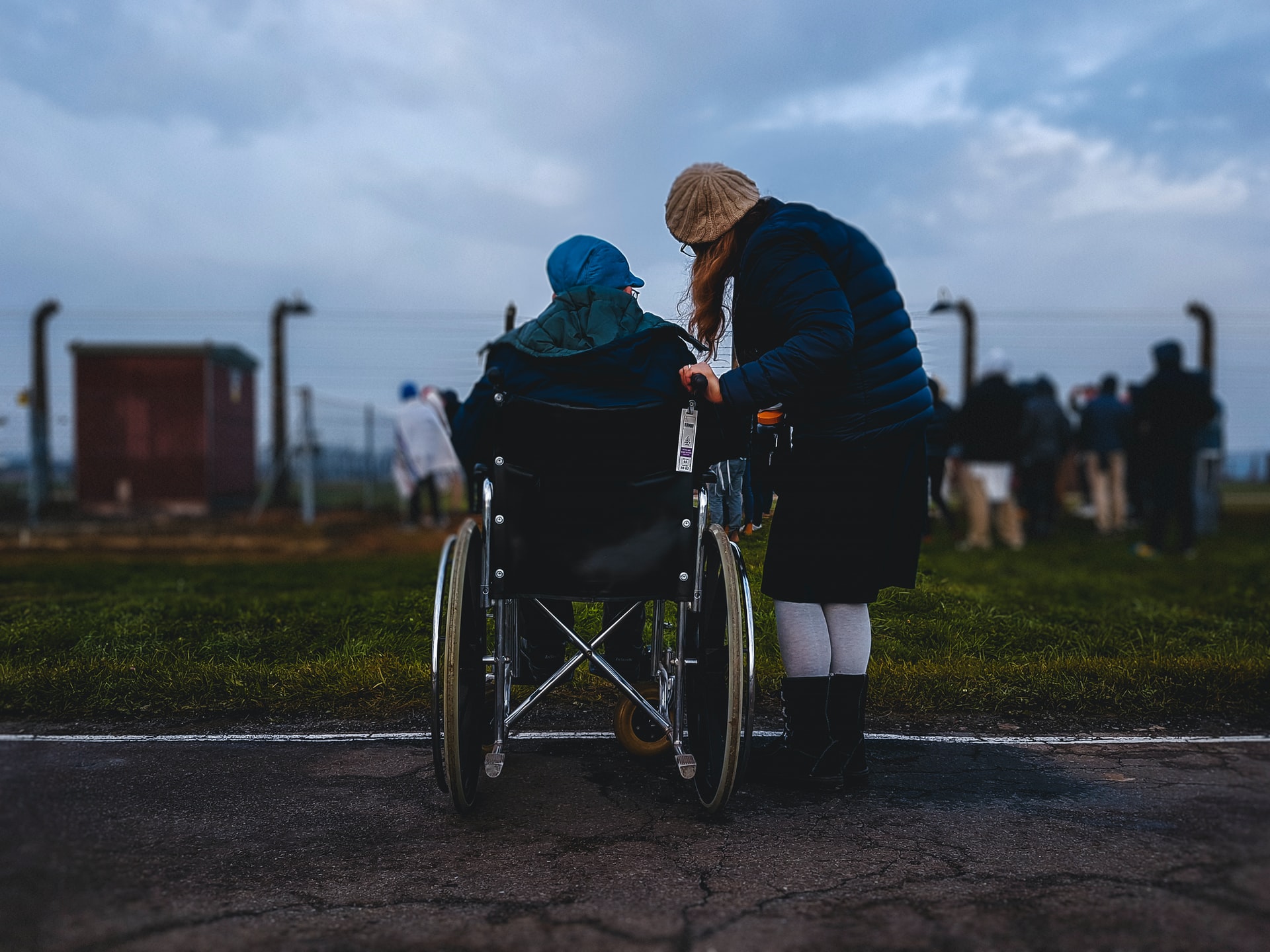There comes a time when family roles switch. Traditionally, parents are the leaders of the family and make the decisions and set the tone for how things are done under their roof. As parents age, this can shift if there are medical or other issues at hand.
Sometimes families have to switch up roles and adult children must step in to help parents make end of life decisions. This can be uncomfortable if there hasn’t been much discussion leading up to the role reversal. Still, talking to aging parents about end-of-life matters is always a good thing.
Why?
Talking about end-of-life matters preserves dignity – If your parents lived life well, they likely made the best choices they could under the circumstances and deserve to live out their lives in a dignified way. When adults become frail, they appear to be more like toddlers than thriving and vital adults. It’s easy to forget that they were once independent and able to care for their own needs. Talking about end-of-life expectations can help them preserve their dignity by respecting where they want to live, what boundaries they have on their medical care and day-to-day living, and their wishes about their death experience and how their remains and estate are managed.
Talking about end-of-life matters eliminates confusion – The earlier you can speak with aging parents about the legal protections available for themselves and their estate, the easier things will be in their absence. Being open about advance directives, wills, trusts, and other important topics makes things easier for you if you are managing their care or estate. Don’t wait until your aging parent is too frail or ill to engage in a mature conversation to find out what they have taken care of and what vulnerabilities there may be. The sooner the better.
Talking about end-of-life matters brings families together – There’s something about facing mortality that humbles people and helps them keep the main thing the main thing. Talking with your aging parents creates an opportunity to say things that you don’t wan to leave unsaid and to say thank you for all they have done to raise you, love you, and be there for you when you needed them so much. Many people hold onto life because they have regrets or fears. You can help your parents feel peace and love by having important conversations that bring healing and comfort.
Talking to your parents about aging and end-of-life plans isn’t morbid. It’s a mature and necessary part of life. The sooner you can sort out what your parents expect, how they are going to manage their expectations, and what role you will play in the plan, the easier you can be prepared and ready when the time comes.




